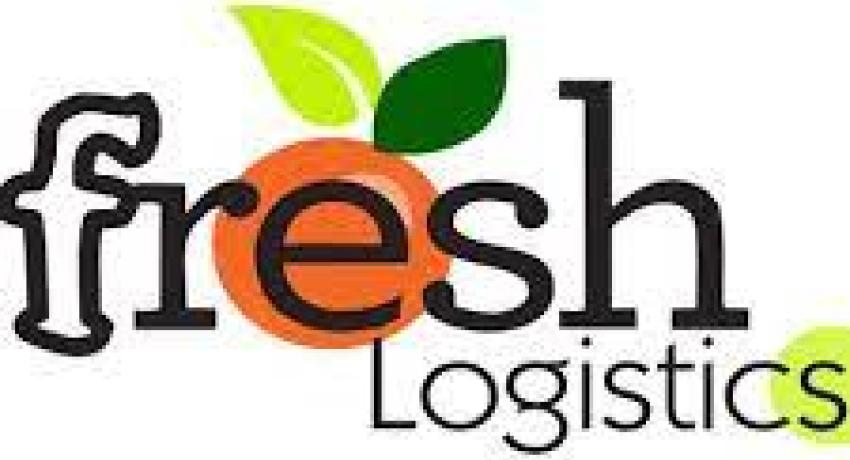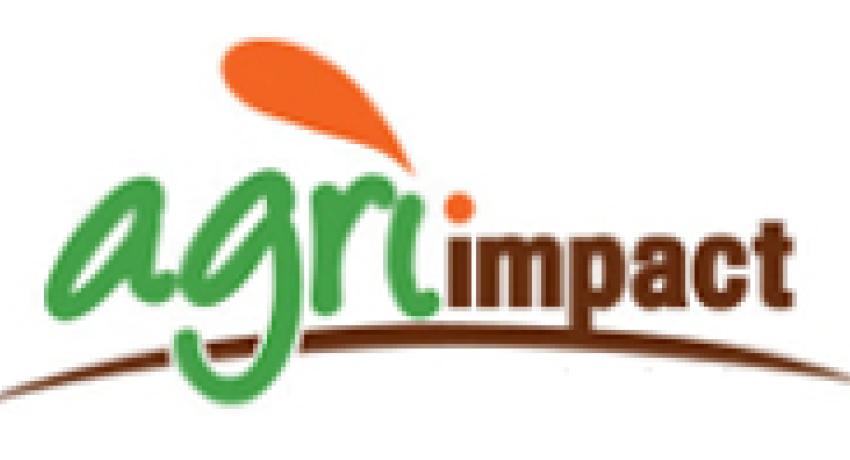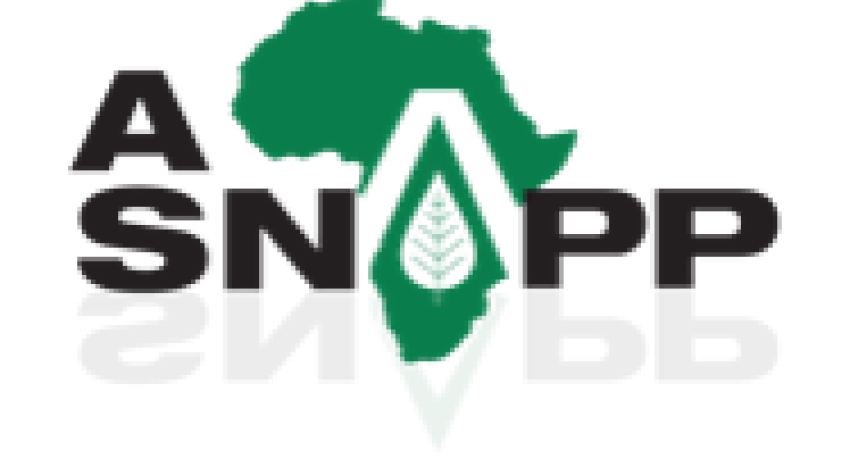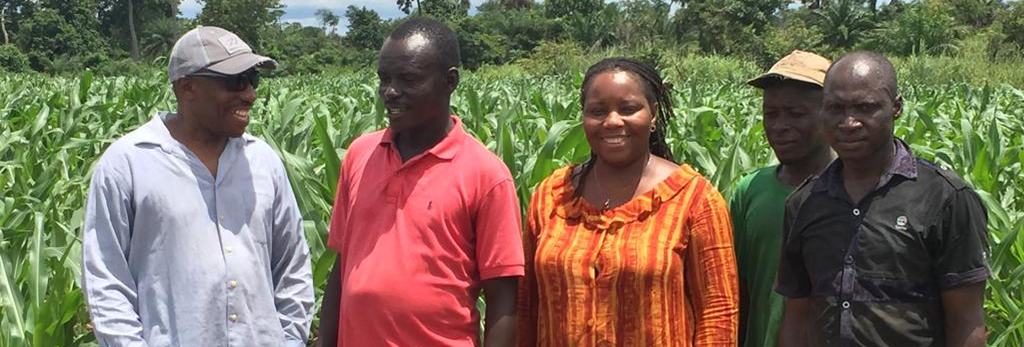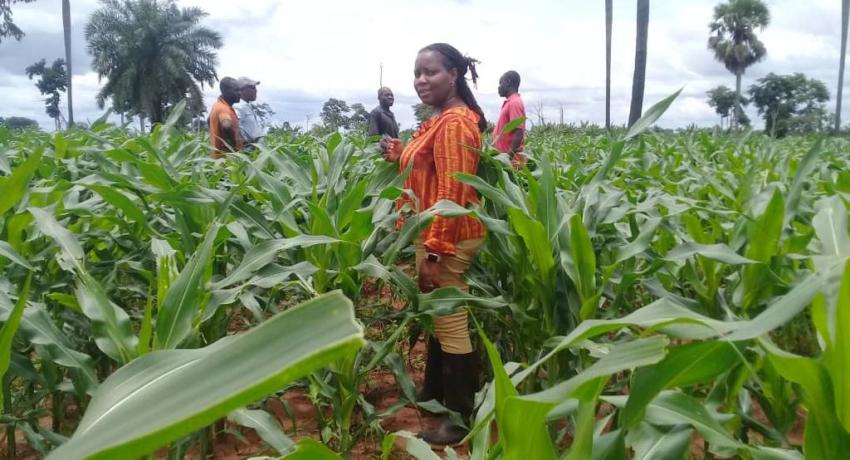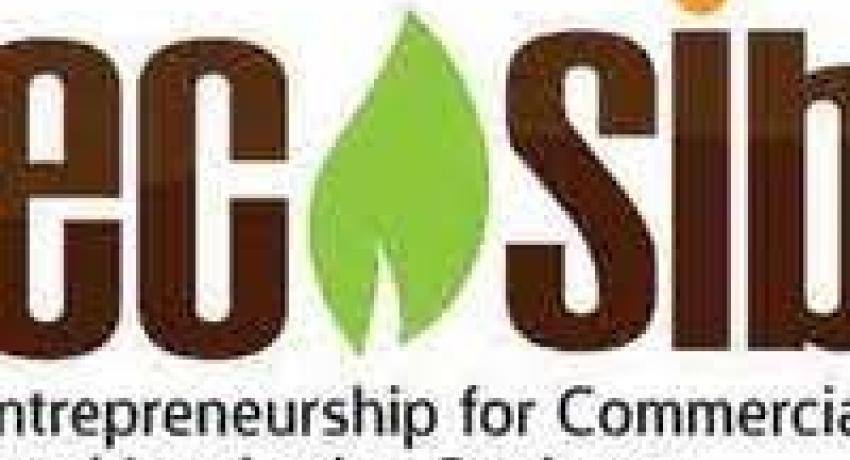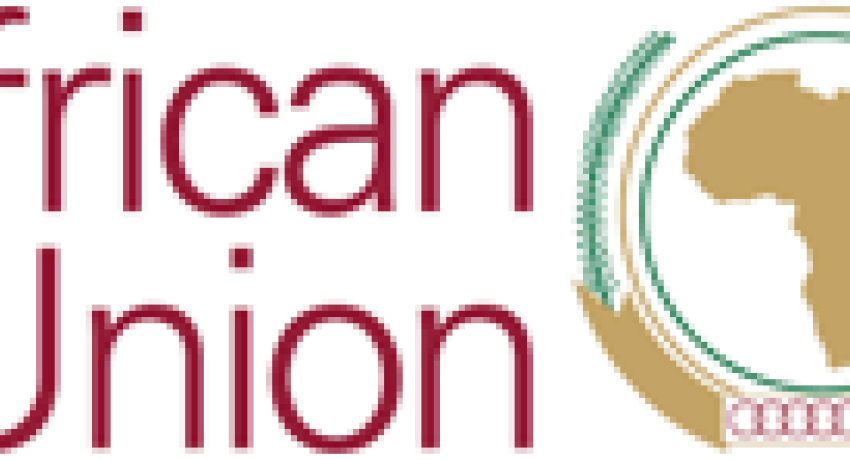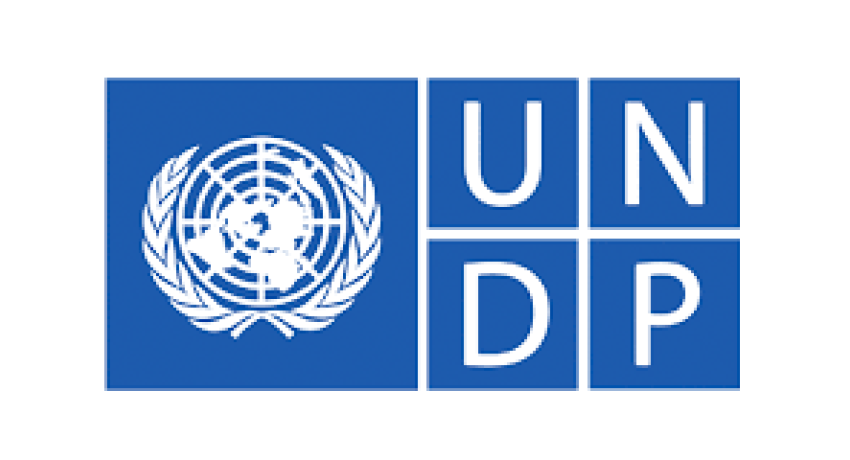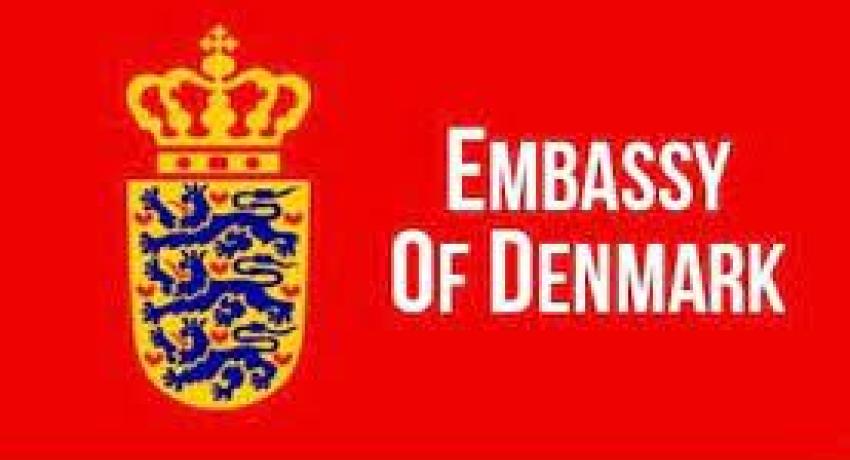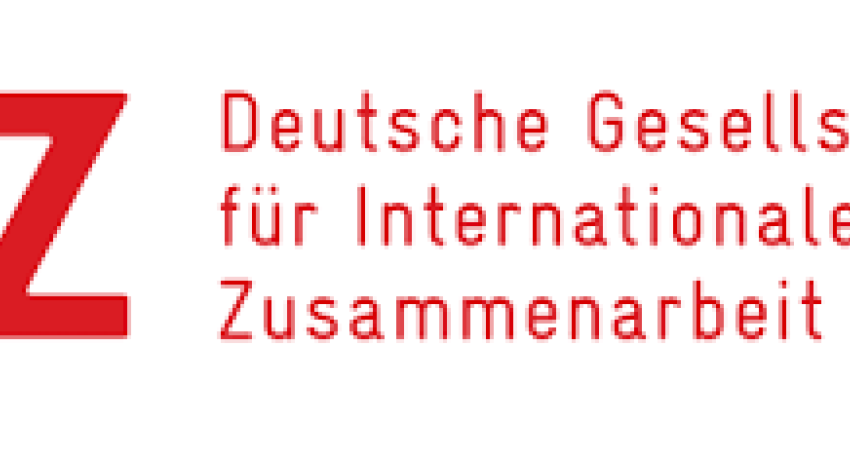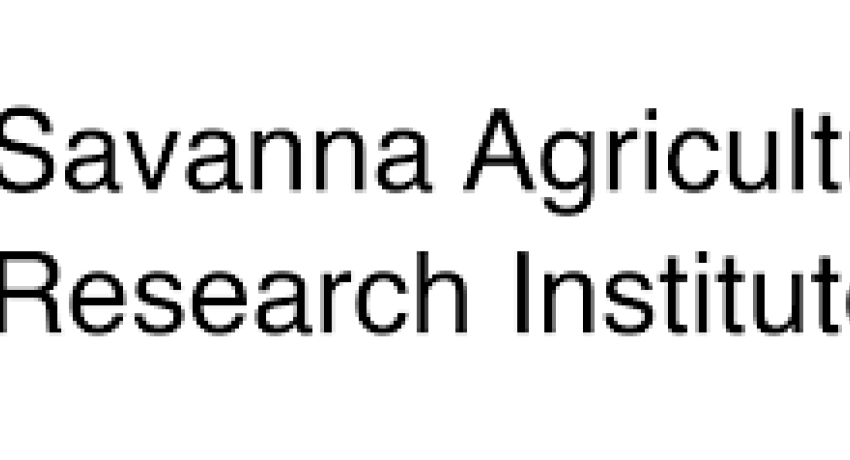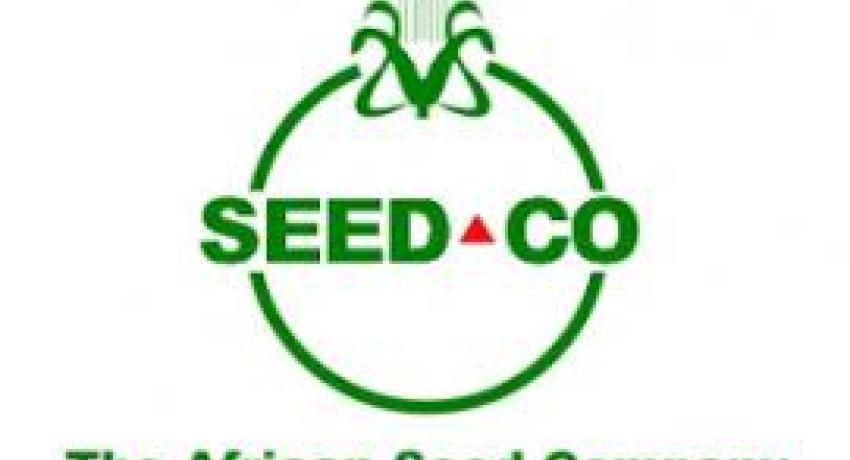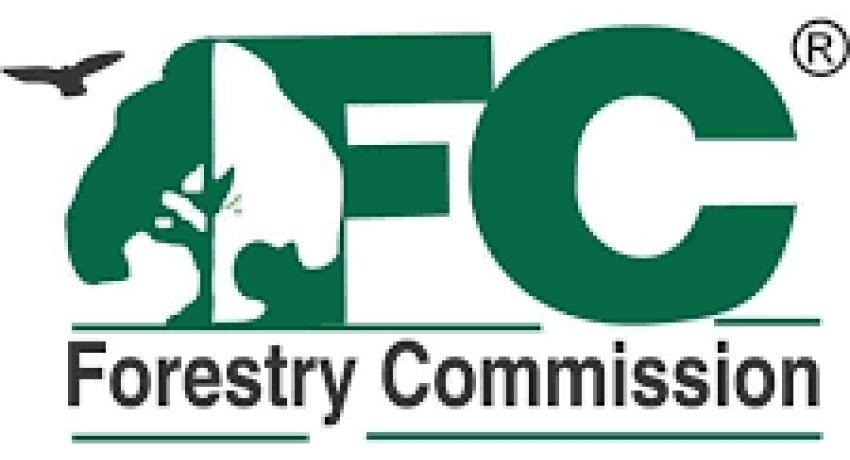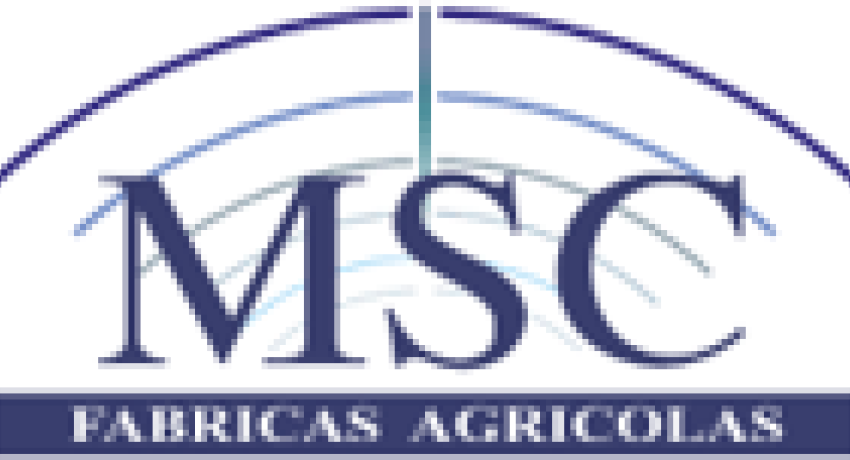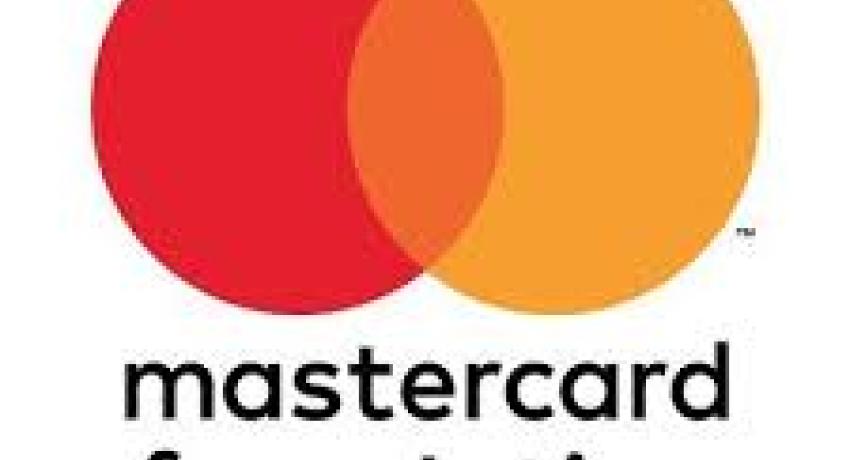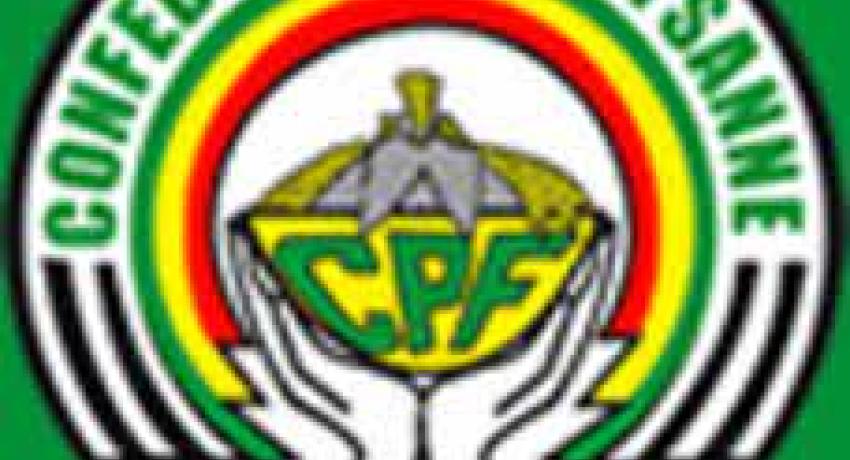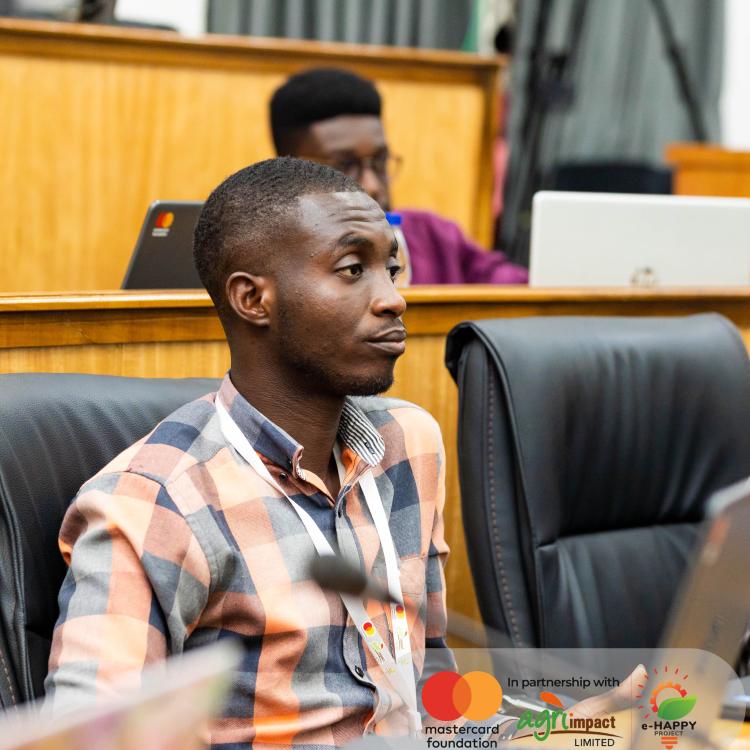With funding from AGRA, ASNAPP/AIC designed and implemented SIPMA; led a 5-member consortium of research institutions (CRI), agro-processing firms (Yedent), seed companies, agro-input dealers, and other service providers to enhance the competitiveness of the Maize and Soybean value chains using structured market system to create an enabling and inclusive ecosystem.
SIPMA is market-led agricultural transformation programme funded by AGRA that sought to attract both public and private sector investment, build systems (seed/fertilizer, finance, and market) that improve access and drive sustainability in the maize and soy value chain. The project delivered an inclusive multi-disciplinary value chain intervention through a consortium of 5 partners providing market, agro-input business solutions, market information systems, technical training and FBO strengthening.
The five key partners under the Consortium include ASNAPP (a value chain development institution), YEDENT (an agro-processing company and off-taker), AFAP (an agro-input business solutions provider), Universal Consulting Link (an agricultural management systems ICT firm) and CSIR-(SARI, CRI). These firms leveraged on their varied expertise to achieve project goals in conjunction with other key collaborators such as MoFA, Seed Companies and some Financial Institutions such as Ecobank. The project was premised on creating a functional market ecosystem for maize and soybean actors thereby improving the food security and livelihoods of the smallholder farmers. It offered a holistic bundle of services from input supply through technical and financial services to market facilitation.
- To increase staple crop (maize & soybean) productivity for smallholder farmers.
- To strengthen and expand access to output markets.
- To increase capacity of smallholder farmers households and agricultural systems to better prepare for and adapt to shocks and stresses.
- 68,357 farmers mobilized from 399 communities across 17 operational districts
- 452 TOTs trained on good postharvest practices, quality & market standards, and specifications.
- 53,509 farmers trained on good postharvest practices, quality & market standards, and specifications.
- 100,016 MT valued at at USD 30,814,740.60 and 1844.515 MT valued at at USD 2,276,860.01 for fertilizer and seed respectively sold to SHF.
- 115,700MT and 96,000MT of Soybean and maize respectively sold through structured market facilities/arrangements
- 209 storage facilities developed or refurbished, and 739 tools distributed
- The strength of the consortium facilitated a smooth process of activities as compared to one organization implementing the project. Each consortium member addressed critical issue affecting the maize-soy value chain thus better results were achieved.
- The project which was private sector driven was championed by a committed off-taker. The demand created attracted other institutions to partner and provide incentives to key actors in the consortium. RMG, YARA, and YIAP leveraged on opportunities provided to expand their businesses. Similarly, financial institutions and Ghana Agriculture Insurance Pool expressed interest to rely on the farmer network to be engaged under this project to expand their business operations.
- Demo fields established beside farmers’ field proved helpful as farmers could easily observe and make comparisons to make an informed decision. The VBA approach of reaching more farmers through fellow trained farmers proved effective in technology transfer as evidenced in the successful set up and management of demo plots and training

